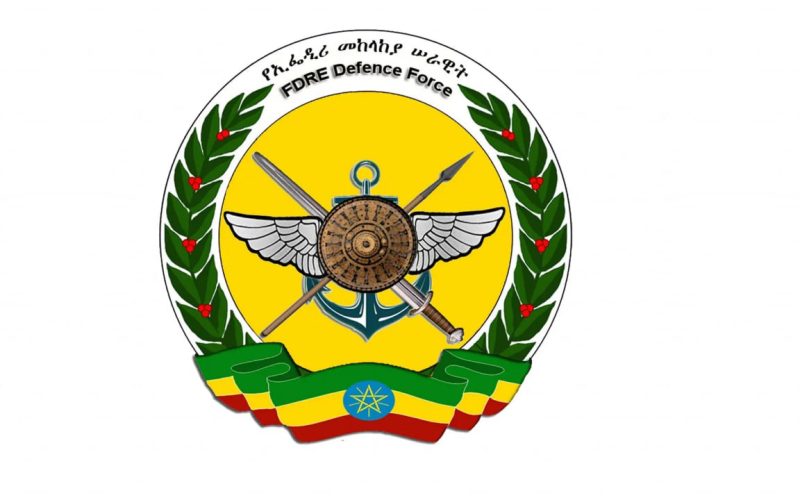Ethiopian government has pardoned 178 soldiers who had been sentenced to death for treason.
These soldiers, all members and leaders of the Ethiopian National Defense Forces, received clemency on the occasion of Ethiopia’s New Year.
The treason charges stem from the war that erupted in northern Ethiopia in November 2019, following a surprise attack on the Northern Command of the Ethiopian National Defense Forces by Tigray militants.
This incident marked the beginning of a devastating two-year conflict. The soldiers in question were accused of orchestrating or being involved in the attack, leading to their arrests and subsequent convictions for treason.
Following their trials, they were sentenced to life imprisonment and, in some cases, to death.
Ministry of Defense announced that, in recent months, these soldiers, while incarcerated, reportedly expressed remorse for their actions and formally submitted requests for pardon to the government and the ministry.
Their pleas were eventually considered by the Pardon Board, which reviewed their cases in accordance with the provisions outlined in Article 3 of Proclamation No. 840/2006.
The board assessed not only the objectives of granting clemency but also took into account the soldiers’ expressed remorse.
As part of the government’s ongoing efforts to implement the peace agreement signed in Pretoria, South Africa, to end the northern Ethiopia conflict, the Ministry of Defense announced that these 178 soldiers will be released on parole during the Ethiopian New Year celebrations.
This action reflects the government’s commitment to strengthening the fragile peace in the war-torn regions of Tigray, Amhara, and Afar.
The war, which lasted two years, claimed the lives of nearly one million Ethiopian citizens, with the Amhara, Afar, and Tigray regions suffering the most severe consequences.
The conflict came to an official end in 2022 with the signing of a peace agreement brokered by the African Union in Pretoria.
However, the scale of the damage inflicted on Ethiopia is staggering. According to a report from the Ministry of Finance, the estimated cost of damage and losses from the war exceeds 1.5 trillion birr.
This figure includes not only the direct destruction in Tigray, Amhara and Afar but also broader economic losses across the nation.
Research conducted by the Ministry of Finance places the total economic impact of the war at approximately $28 billion.
Moreover, the report highlighted that the economic loss accounts for around six billion dollars or 5.5% of Ethiopia’s gross domestic product (GDP).
The war also plunged three million Ethiopians into extreme poverty, and it is estimated that $20 billion will be required to reverse the damage and bring the country back to its pre-war state.
The federal government has repeatedly stated its intention to implement a transitional justice policy that will compensate victims and hold those responsible for atrocities accountable.
However, despite these promises, the framework for transitional justice has yet to be put into effect.
While the conflict in Tigray has been brought to a formal end, a new war has emerged in the Amhara region, where clashes between the Fano militia and government security forces continue.
This conflict has led to the deaths of tens of thousands of civilians and has prompted the Ethiopian government to impose internet restrictions in the region for over 10 months. Additionally, a state of emergency has been declared.
International actors, including the United Nations, the United States, and the European Union, have repeatedly urged both parties to cease hostilities and pursue negotiations to resolve their differences.
Despite these calls, the situation remains unresolved, posing an ongoing challenge to Ethiopia’s stability and recovery.
